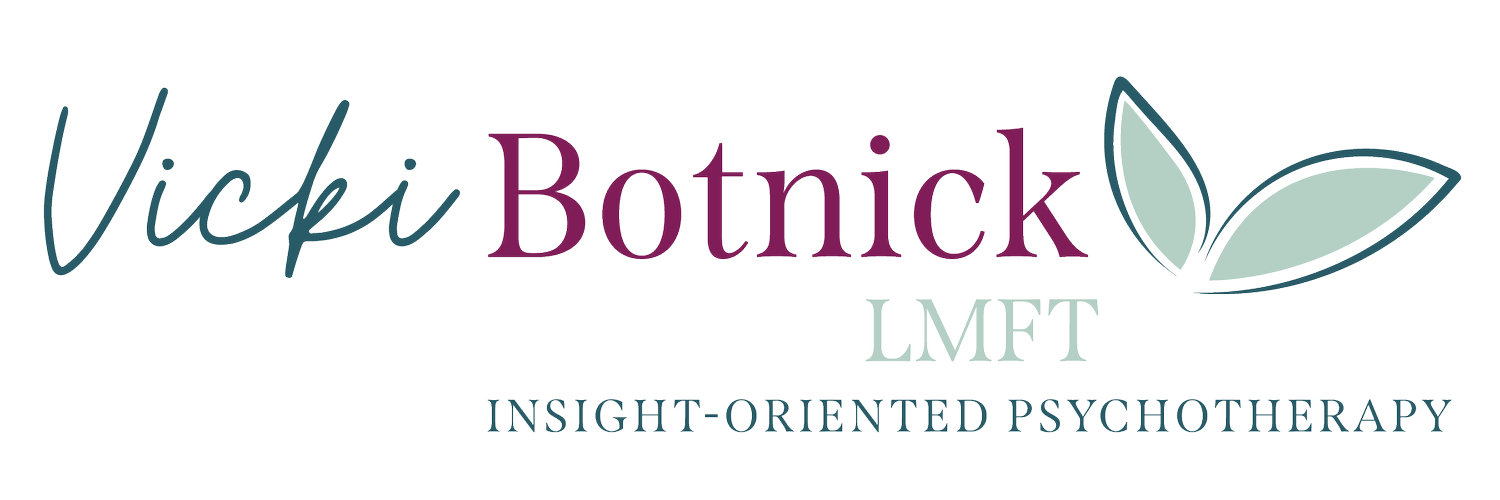Bring on the Pain — The Benefits of Suffering
The saying “No pain, no gain” has never made that much sense to me. After all, if you have no pain, you’ve already gained something, right? Most of us choose the “No gain so I can avoid pain” route much more often. Skip the workout so I can get some rest time, eat the chocolate bar so I can enjoy the delicious taste, stay in the rocky relationship so I don’t have to face being on my own. In the moment, it feels better, but over time, it reinforces our negative feelings about ourselves. For instance, workouts can be difficult but helps us feel better about our health, bodies and accomplishments. So really the phrase should be “No pain, no long-term change.”
And the sad truth is that after avoiding pain long enough, even the short-term pleasure we get becomes blunted. If we eat chocolate bars for years, they lose some of their delight and start to cause more guilt than the yumminess is worth. When we’ve been putting off change for months on months on months, the desire for that change starts to overcome our fear of it. That’s when the phrase becomes “Even pain is gain.” To stay in a relationship that isn’t working is painful; to leave it is scary; either way there’s some pain, so why not pick the one that has some promise of relief?
This is when pain becomes preferable. Where we are catapulted into change despite our best efforts to push it away. It’s the point at which suffering becomes our greatest ally, because it urges us to do what is good for us, not what feels good. And paradoxically, that ends up feeling good.
Aren’t we lucky? When we’ve suffered enough, we’re willing to change. It’s what often nudges an addict into recovery (alcohol is no longer masking my pain well enough, so I need to do the incredibly hard job of sobering up), a diabetic into healthy eating choices (sugar used to make me happy but now it’s killing me so I’ll have to find something else to take its place), an abuser into anger management (having no control has robbed me of my family, so I better learn new ways to express myself). These changes may have felt absolutely impossible before, and undesirable, to boot. We had to “hit bottom” to want change even more than we want to avoid change.
For the less life-threatening changes such as losing ten pounds, getting a new job or changing spending habits, wouldn’t it be wonderful if we carried around the idea that “When I’m ready, I will move simply and eagerly into the new behavior.” This is part of the philosophy of Humanistic Psychotherapy, which states that human beings are all moving instinctively toward their healthiest states.
Imagine how much easier life would be if we believed in this. We could stop beating ourselves up for failing to make the changes that we know are good for us. I believe strongly that if we could just be kinder to ourselves, we’d have much more strength to become what we want to become. Instead, many of us beat ourselves up for not being perfect, thinking this will spur us toward health. Logically that makes no sense. Does beating a child for doing something wrong help that child to find the strength and confidence to do better? No, it merely scares and shames them into temporary change. If we could treat ourselves with as much love as we do a baby, we might, like that baby, have the nurturance to grow and thrive. And when the time is right, and when we’ve suffered enough, we’ll make the changes we need to make. We are all moving, right now, towards our best selves.
If you’re ready to find support with therapy, schedule a free consultation here.
